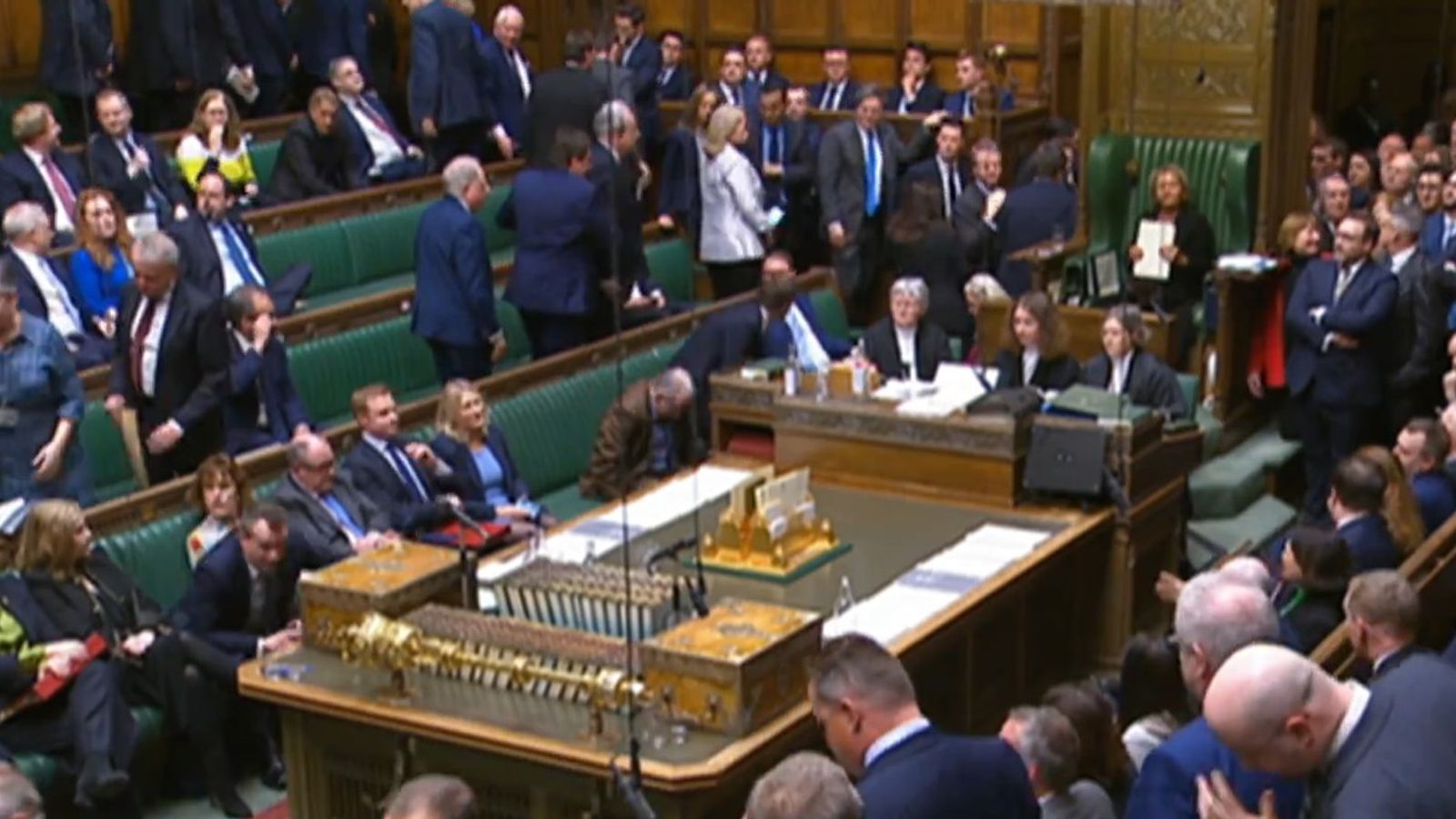Image-obsessed millennials think it’s important to “look or appear” financially successful more than previous generations — despite many of them struggling with high housing costs, student loanpayments, and compoundingcredit card debt, according to a recent Wells Fargo study.
While 54% of the millennials Wells Fargo surveyed say they’ve been greatly affected by the cost-of-living crisis, 59% of the 28-to-43-year-old age group think it’s important to show off their financial status through the way they dress, the car they drive, and the home they live in.
By comparison, just 35% of Gen Xers, 14% of baby boomers, and 7% of the silent generation feel the same about flaunting their wealth, according to the survey.
This “money dysmorphia,” as dubbed by Intuit Credit Karma, can lead millennials to be so obsessed with flaunting their riches that they bury themselves even deeper in debt, said Emily Irwin, managing director of advice and planning for Wells Fargo.
“Theres a growing trend to present themselves with an image that isnt reflective [of] their actual financial situation,” Irwin told Fortune, which first reported on the survey.
“For some, it could be even be a fake it until you make it mentality.”
What’s even more telling is that Wells Fargo’s study surveyed 1,000 affluent millennials, who make more than $250,000 per year, further proof that lower-income earners aren’t the only ones “grappling with this external image,” Irwin added.
Were living in a world where our net worth seems clickable — anyone can look up what we paid for our homes, handbags, or cars — and, because of this, showcasing a lavish lifestyle can feel more exhilarating than saving,” Irwin told The Post on Thursday.
Wells Fargo found that of the high earners in this age group, nearly one-third buy things they cannot afford to impress others or feel like they “fit in,” while 34% have been guilty of exaggerating their income, savings, or spending to maintain an appearance of financial success.
Irwin suggested millennials reassess how they view their economic situation.
“Tying financial behaviors to short- and long-term goals is the best way to get real about your money story and to make living within your means sexy — on and off TikTok, she said.
That’s not easy. Millennials face the worst economic headwinds in recent history. Stubbornly-high inflation has pushed interest rates to a 22-year high, crippling young would-be homebuyers.
The average interest rate on a 30-year fixed rate mortgage in the US, which is tracked weekly by Freddie Mac, is 6.64% — near a multi-decade high, though the figure has fallen from its 8% peak last October.
Credit card debt is also at an all-time high. Though it’s unclear how many millennials specifically are experiencing borrowing troubles, the Federal Reserve Bank of New York said in its third-quarter report released last November that overall debt levels increased by 1.3% during the three-month period, to $17.29 trillion.
Many millennials are also grappling with student loan payments.
Data from the US Department of Education showed that in October — when payments resumed after a three-year pause — some 40% of the 22 million borrowers did not make their payments.
There are signs that even fewer borrowers made payments in November, despite President Joe Bidens relief programs.








